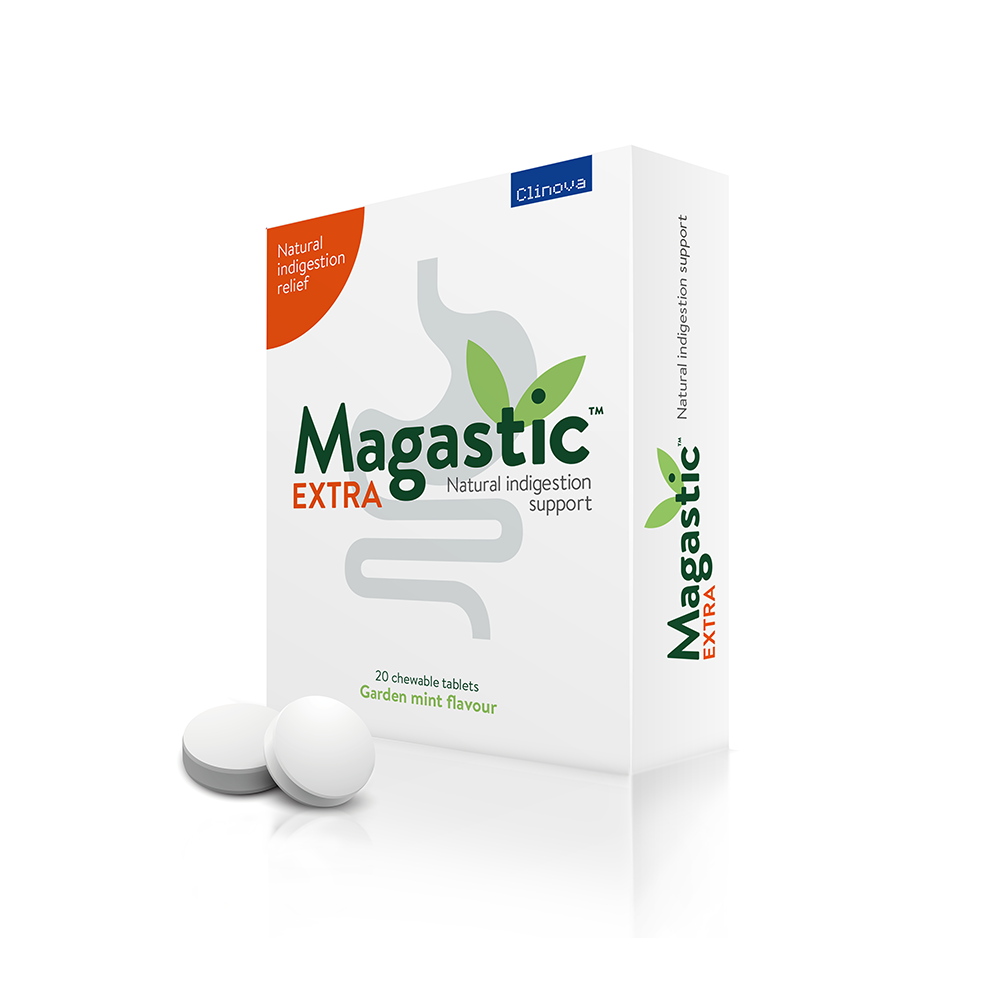What is H. Pylori (Helicobacter pylori)?
H. Pylori (Helicobacter Pylori), despite being relatively unknown, is very common. In fact, two thirds of the world's population is thought be infected with H. Pylori. For most, it doesn’t appear harmful, while for others, it’s associated with causing peptic stomach ulcers and various other gastro-related symptoms. Typically, gastritis and peptic stomach ulcers are the medical conditions most associated with H. Pylori.
How It Attacks The Stomach
The H. pylori is a spiral-shaped bacterium that grows in the gastrointestinal tract. Its shape helps it to penetrate the mucus lining of the stomach wall and reduce its exposure to the harsh acidic stomach environment. Once established within the lining of the stomach, the bacteria starts to weaken the stomach lining and duodenum. This allows stomach acid to damage the stomach wall, causing irritation that can eventually lead to peptic ulcers.
Product Recommendation
Magastic EXTRA is a natural remedy containing a stronger dose of Chios mastic gum. Mastic gum has strong anti-inflammatory properties to help soothe the irritated tissue of the stomach and oesophagus allowing healing and recovery. Mastic gum has also been shown, even at low doses(1 mg per day for two weeks), to cure peptic ulcers rapidly (published in the New England Journal of Medicine). In addition to this, other studies have shown with the H. pylori bacterium becoming increasingly resistant to antibiotic treatments. In clinical trials mastic gum killed some of the resistant strains tested.


